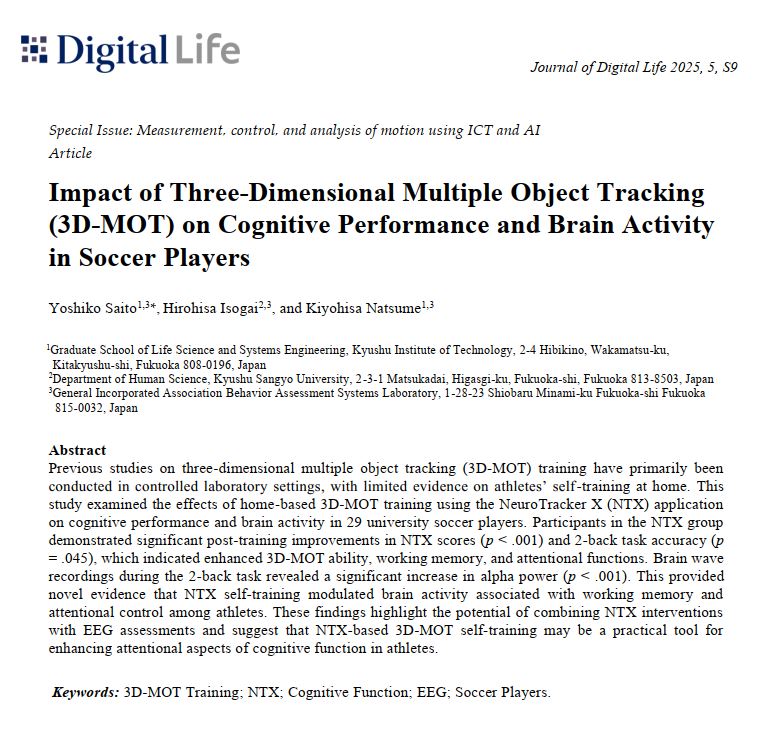Welcome to the Research and Strategy Services at in today's fast-paced.


Wearing the proper equipment when participating in a sport is crucial to avoiding a concussion. Helmets (and mouth guards!) are important.
If you are tackling an opponent, use proper technique. Never dive in head first or target the head as a way to make a big hit.
Many studies have shown that working on your neck muscles can improve your natural resistance to concussions; it helps stabilize your head and spine.
In sports such as soccer, it is sometimes necessary to use your head to direct the ball. But make sure that you use the proper technique and aren’t just blindly smacking it with your head.
A better vision on the field and heightened awareness can help you see and react to players attempting to tackle you. Avoiding the big hits that snap your head backwards is key.
Most of the non-sports related concussions occur in automobile accidents. Frequently it is from heads hitting the dashboard or steering wheel.
Studies have shown that people who lead a more active lifestyle will have better balance and reaction times, possibly preventing falls and accidents that lead to a concussion.
The other big place for a non-sports related concussion is on the stairs. Too frequently, people trip on clutter they leave on the stairs and fall down them, risking concussions and worse.
Education on what happens during a concussion, the dangers of getting a second concussion while healing from the first, and proper ways to avoid concussions is incredibly important.
Use neurological baselines to judge if a person is suffering from a concussion. Properly diagnosing a first concussion, and tracking recovery, will allow coaches and trainers to make a responsible decision on when a player is ready to return to play.
Too frequently, sideline protocols rely on subjective questions and basic physiological tests. But it is widely accepted that these protocols are very weak. One cannot diagnose a concussion in 5 minutes, especially not by asking a player if they are feeling OK and believe they’re ready to get back into the game. They have an incentive to say yes.







Welcome to the Research and Strategy Services at in today's fast-paced.

You improved your sleep — but your focus didn’t change. This guide explains how circadian timing, cognitive load, and recovery patterns influence attention beyond sleep duration alone.

If your thinking feels slower than usual, it doesn’t automatically mean something is wrong. This guide explains common short-term causes, normal cognitive variability, and how to interpret changes calmly over time.

Many professional roles require cognitive performance to be sustained over long periods rather than demonstrated briefly. This article explains how sustained cognitive load shapes performance in knowledge-work and monitoring environments.
.png)